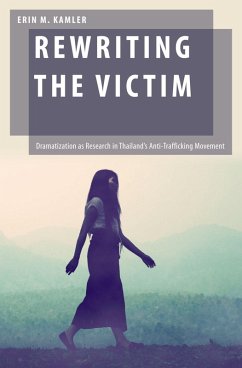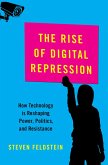The international movement against the trafficking of women, which has gained momentum over the past two decades, is driven largely by the United States, in tandem with state governments and NGO workers. Feminist organizations have played a key role in carrying out anti-trafficking policies, but are increasingly divided over what those policies should look like. The primary divide exists between those feminists who want to abolish prostitution (as a key link to trafficking) and those who argue that what sex workers need is not to have their livelihoods taken away through paternalistic policies, but improved working conditions to alleviate the dangers associated with their work. A primary criticism of US NGO workers, well-intentioned as they may be, is that they misunderstand the cultural and economic conditions of the women they purport to help. This book provides a unique response to this misunderstanding. On one level it shows how this movement is, in fact, based on a Western mindset that problematizes women and puts its own interests before those of the women it is trying to help. But the project's primary innovation is in the method that it develops to explore the conflict of cultural values that gives rise to the aforementioned debates: what Erin M. Kamler calls Dramatization as Research (DAR). Through writing and producing "Land of Smiles," a musical inspired by field research that includes over fifty interviews with female migrant laborers, sex workers, activists, NGO employees, and other members of the anti-trafficking movement, Kamler presents one of the dominant stories about human trafficking and critiques the discourse about the trafficking of women in Thailand. The book examines how the musical aimed to facilitate communication between stakeholders in the anti-trafficking movement in Thailand and prime a dialogue to explore the policies, practices, and outcomes of actions in this environment. Through researching, writing and producing the musical for the individuals on whose experiences the story of the musical is based, Kamler shows how the arts can be used as a feminist communication intervention and a vehicle for understanding the cultural dimension of human rights.
Dieser Download kann aus rechtlichen Gründen nur mit Rechnungsadresse in A, B, BG, CY, CZ, D, DK, EW, E, FIN, F, GR, HR, H, IRL, I, LT, L, LR, M, NL, PL, P, R, S, SLO, SK ausgeliefert werden.









